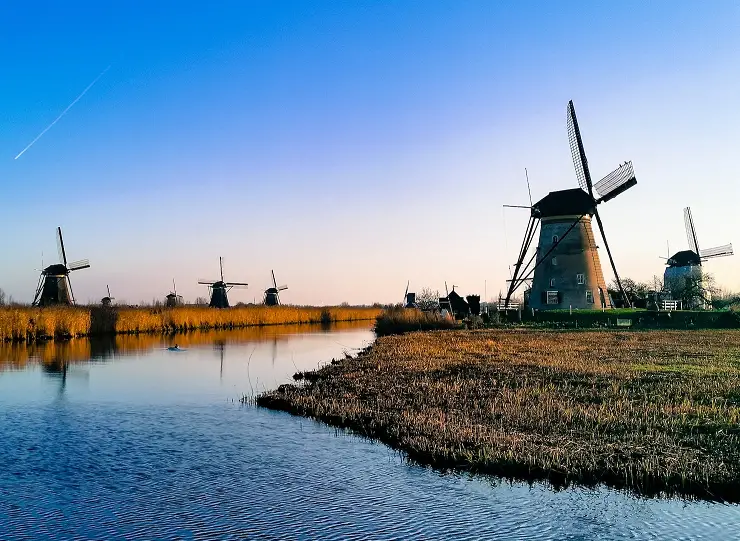In the Netherlands, government subsidies and consumer price caps have not prevented household energy bills from rising dramatically.
Data released by Statistics Netherlands (CBS) last week revealed that in June, the average gas and electricity bill rose by 37% compared to the same month last year.
As a result, household energy costs will be about €630 ($702) higher, which will raise the average bill to €2,320 ($2,586) per year, compared to last June’s €1,691.
Following the imposition of sanctions against Russia by the West and its allies last year, over the war in Ukraine, the EU saw wholesale energy prices soar as the supplies being delivered by Russia shrank.
The government of the Netherlands announced a relief package last October amounting to €23.5 billion to compensate citizens for the rise in energy bills. The government also introduced a price cap for consumers, which added up to €1.45 per cubic meter of gas and €0.4 per kilowatt hour of electricity.
However energy bills have continued to rise over the past year even despite the aid from the state, partly due to increases in taxes, according to the NL Times news outlet. A temporary reduction in the VAT was reversed in that period, as the government has provided fewer discounts on energy.
According to CBS, Dutch families have been forced by the higher prices to cut their energy consumption, which has removed an average of €40 per year off their energy bills for gas and electricity.
Experts have warned that once the state-imposed price cap expires in 2024, average household energy bills in the Netherlands may rise as high as €2,500.

